7 diet 'truths' you should actually ignore
Myth: Detoxing is a great way to lose weight.

Myth: Smoothies and juices are a healthy meal substitute.
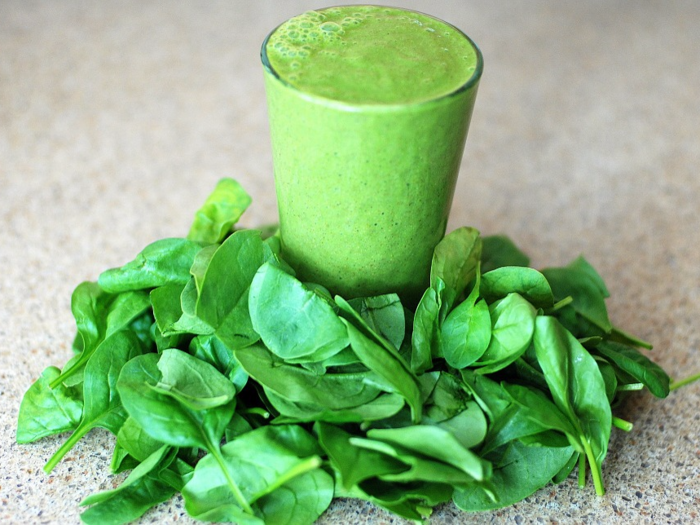
Wrong again.
"When it comes to juicing, one of the issues is that you get lazy gut," Koidis said. "You get used to being fed the mush consistency of food, so when you start eating normal food, you get bloating, indigestion, etc."
He added that you also have less control of what you're eating with a juice or a smoothie.
"In a smoothie you can chuck in five or six different pieces of fruit, but if you were to eat them, you wouldn’t even go through half the portion," he said. "When it comes to weight management and trying to control your gut hormones, you’re tripping them up if you start juicing too much."
Myth: Cutting calories is the most important thing when trying to lose weight.
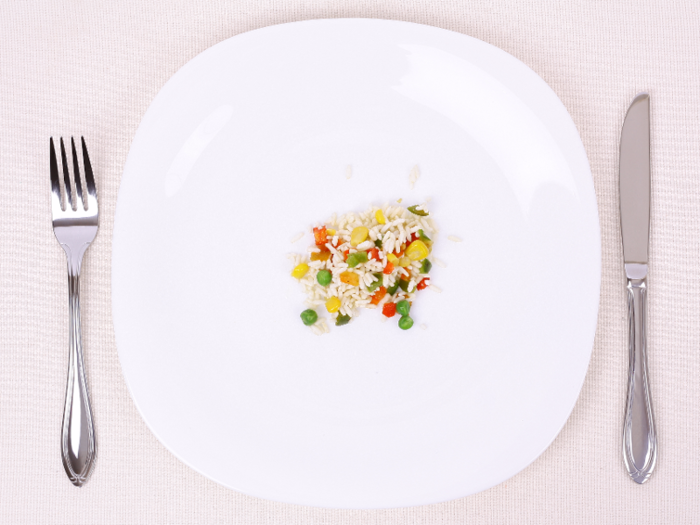
This isn't necessarily the case, according to Koidis.
"Dealing with calories is very old school nutrition," he said. "The whole ethos and philosophy of what a calorie means and how that translates into energy has been disproven."
Instead, he said people should be focus on the macronutrients — the protein, fat, and carbohydrate content — of their food. "When you’re trying to do any weight loss intervention, this is more important than calories," he said.
Tailor your nutrition around your exercise routine and improve your sleep patterns instead. "Many studies have shown that 95% of people that just count calories in order to lose weight always fail," Koidis said.
Myth: Everyone should take supplements and vitamins.

Again, this isn't necessarily true.
"With most multivitamins, although the general consensus was that you might as well take one because it's doing more good than harm, now it's been proven that if you’re taking multivitamins without needing to do so, it's increasing your risk of diseases," Koidis said. "It also might be blocking your absorption routes of actual foods."
Myth: You should eat as many 'superfoods' as possible.
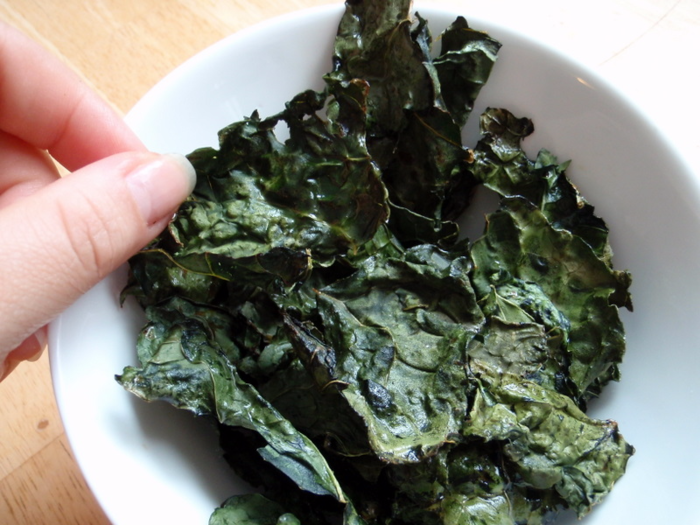
There's no such thing as a superfood, according to Koidis.
"There isn’t one specific food that’s the best one to eat," he said. "The key to a healthy diet is variety — we all have different likes and dislikes, backgrounds, and genetics. 'Superfoods' also tend to cause an imbalance in the world of agriculture."
Myth: There are some diets that work for everyone.
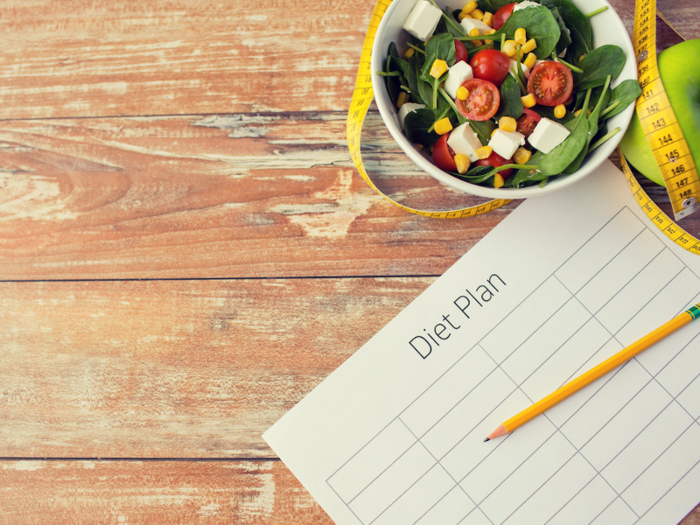
Wrong.
"There is no one diet that everybody should be following," Koidis said. "Celebrity diets, famous doctors — the issue is they’re not designed specifically for one type of person."
Myth: Eating healthy is expensive.
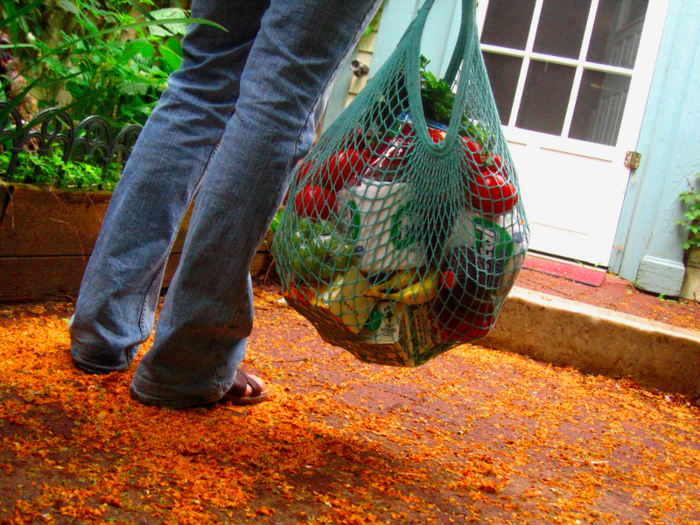
While fruits, vegetables and lean proteins can add up, this doesn't have to be the case, according to Koidis.
"The consensus is that it’s better if you go seasonal and local, although it’s always a bit of a challenge when you want it quick and easy," he said. "Go for ingredients that are in season. For example, maybe don't go for strawberries in the winter."
He added that being organised with your shopping and buying large quantities of staple foods like bread, grains, pulses, and legumes which you can cook and store can help you save.
"Most carbohydrates you can reuse quite a few times — you can eat lentils every day, there are a thousand recipes, and you can create five different meals with a bag of sweet potatoes."
Popular Right Now
Advertisement